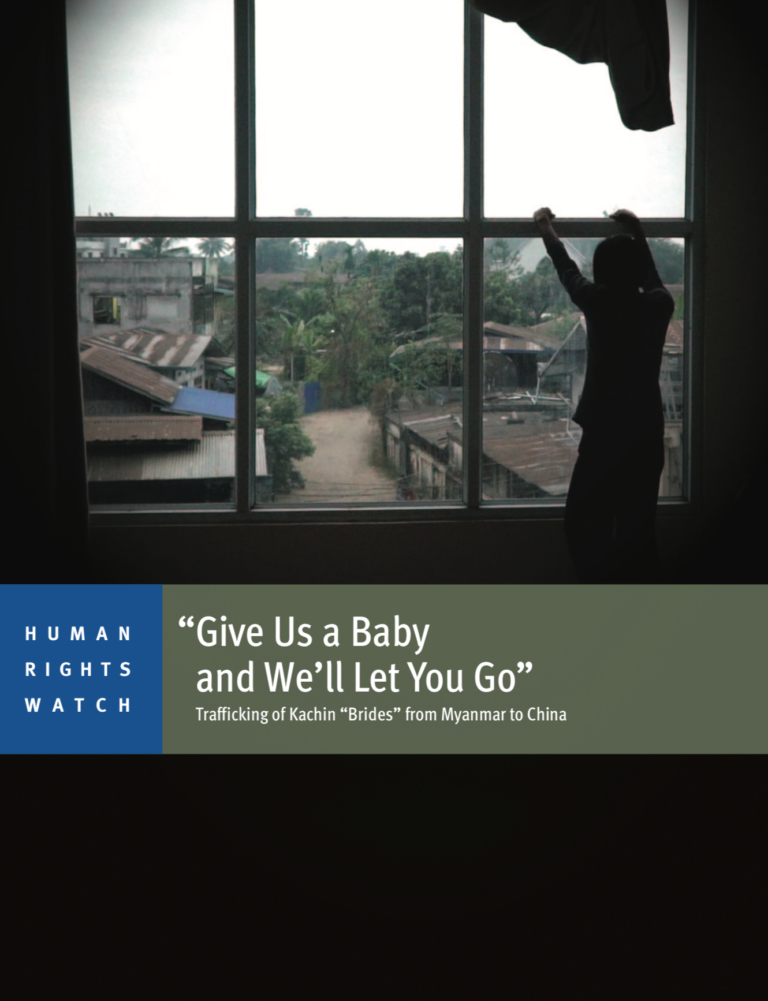Supply Chain Sustainability: A Practical Guide for Continuous Improvement, Second Edition
GuidanceThis second edition of Supply Chain Sustainability: A Practical Guide to Continuous Improvement is aimed at reflecting the new and emerging trends in this area since its original launch in 2010 as well as ensuring the inclusion of and alignment with ...Read More

